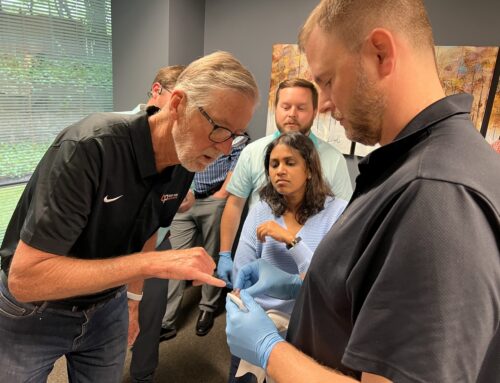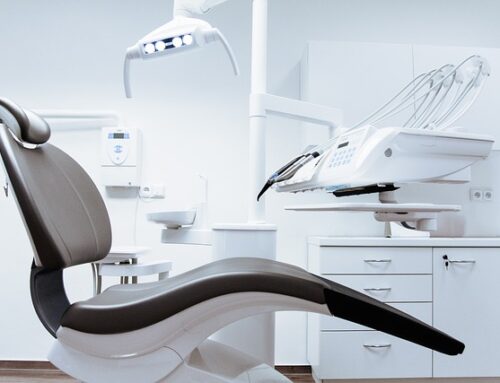As you know, sleep apnea can be linked to a variety of health conditions including heart disease. With recent research, we have found another connection: gout. A new study has found that sleep apnea can be linked to gout and flare-ups according to The Washington Post. Due to gout’s intense pain and swelling of joint, typically the big toe, it can often result in the deposit of uric acid crystals in joints and tissues. From this, our patients could be at a higher risk of developing gout when suffering from sleep apnea. Below I have outlined the study to help us gain a better understanding of the connection between sleep apnea and gout, and how we can continue to help protect our patients’ overall health.
The Sleep Apnea/Gout Study
It’s really exciting when new studies come out with new findings, isn’t it? This new study on sleep apnea and gout found that since sleep apnea causes periods of oxygen deprivation, it can trigger overproduction of uric acid in the bloodstream. Why is this bad? Well, when this happens, gout can develop, which is often very painful. And, according to the Centers for Disease Control and Prevention, almost six percent of men and two percent of women in the United States experienced gout from 2007-2008.
Sleep apnea is more common than gout, but it can increase the risk of high blood pressure, heart attack, stroke and heart failure. Obesity plays an important role in both sleep apnea and gout. However, sleep apnea increased the risk for gout even when weight was accounted for. Within this study, 10,000 people had a new diagnosis of sleep apnea and were compared to more than 40,000 people of similar sex, age, birth year and body composition but without sleep apnea.
Over a one-year period, there were 270 cases of gout—that was 76 in the sleep apnea group and 194 in the larger group. Gout was twice as common in people with sleep apnea as those who did not. Obesity increased the risk of sleep apnea, but some thin people still suffered from sleep apnea, and even these people the risk of gout was increased by 80 percent. The next step would be to test whether treating sleep apnea reduces the risk of gout.
What Can You Do?
Now that we are aware of this new connection, it opens up even more doors for your dental office. While we were aware of other connections, this connection with gout allows us to pay even closer attention to what our patients are saying. Complete continuing education so you can remain knowledgeable in sleep apnea and how you can better help your patients and the treatment options you offer.
Sleep apnea and gout can be reduced in many people by losing weight if they are overweight, eating healthy, and indulging in alcohol and red meats in moderation. Please feel free to contact me for more information on sleep apnea, how treatment can help and the best continuing education options. Let’s not ignore these new findings and continue to help our patients receive the best care available.





